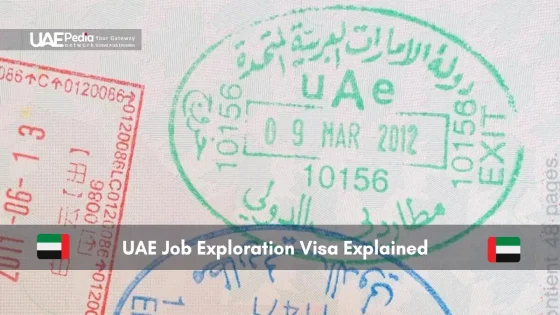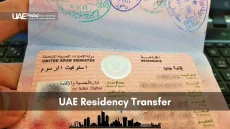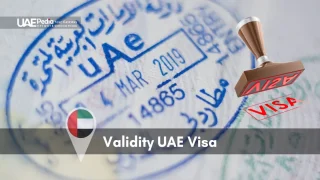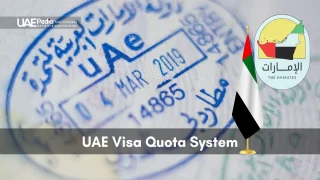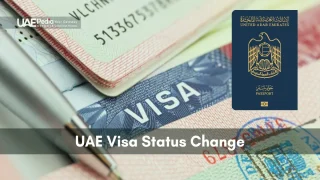Abu Dhabi Visa for GCC Residents: a gateway to the United Arab Emirates’ capital. Did you know that GCC residents can secure an Abu Dhabi visa in just 48 hours? This quick process opens doors to the emirate’s iconic landmarks, pristine beaches, and rich cultural experiences. But what exactly does the application entail? Are there specific eligibility criteria for Abu Dhabi visas for GCC residents? How do UAE immigration policies affect your travel plans?
The UAE government has introduced new regulations for GCC residents planning to visit the Emirates. Now, all foreign residents in Gulf Cooperation Council countries must obtain an electronic visa before entering the UAE. This e-visa grants a 30-day stay, extendable for another month. The application process is straightforward, with fees set at 100 AED for the application and 200 AED per month for multiple-entry visas.
For a smooth application process, ensure your passport is valid for at least six months from your travel date. Also, your GCC residency permit must have a minimum one-year validity. Remember, family members or dependents won’t receive e-visas unless traveling with their sponsor. If your employment status changes after visa issuance, you’ll need to apply for a new e-visa.
Understanding UAE Entry Requirements for GCC Residents
Planning a trip to Abu Dhabi? GCC residents need to know the entry procedures for Abu Dhabi. The UAE has made traveling easier with a new visa process.
Who Needs an Electronic Visa
Foreign residents of GCC countries must get an e-visa to enter Abu Dhabi. This new system started in October 2024. It covers expats from Saudi Arabia, Qatar, Bahrain, Kuwait, Oman, and the UAE itself.
Validity Periods and Extensions
The e-visa lets GCC residents stay in Abu Dhabi for 30 days. You can extend it once for another 30 days. Friends of GCC citizens get a 60-day permit, also extendable for 60 more days.
Important Travel Documentation
When applying for Abu Dhabi visas, GCC residents need specific documents:
- A passport valid for at least 6 months
- Proof of GCC residency valid for at least 1 year
- Confirmed return ticket
For transit visas, the UAE offers 48-hour and 96-hour options. The 48-hour visa is free, while the 96-hour visa costs 50 AED. Both require coordination through national airlines.
| Visa Type | Validity | Cost | Extendable |
|---|---|---|---|
| GCC Resident E-Visa | 30 days | Varies | Yes, once for 30 days |
| GCC Citizen Companion | 60 days | Varies | Yes, once for 60 days |
| 48-Hour Transit | 48 hours | Free | No |
| 96-Hour Transit | 96 hours | 50 AED | No |
Abu Dhabi Visa for GCC Residents: Application Process and Requirements
Understanding visa rules in Abu Dhabi is key for GCC residents. The UAE’s immigration policies are important to know. Online apps make getting visas easier for travelers.
Online Application Platforms
GCC residents can apply for an Abu Dhabi visa online. Use sites like the Federal Authority for Identity and Citizenship, Customs, and Ports Security. The Smart Services System is easy to use, with no wait time after you’re ready.
The cost includes a 100 AED application fee and a 100 AED issuance fee for each year.
Essential Document Checklist
Make sure you have a valid passport and proof of GCC residency. Your passport must be good for at least six months from your trip. Your GCC residency permit should be valid for at least a year.
These rules help keep Abu Dhabi safe and controlled.
Visa Application Processing Time
The visa process usually takes 48 hours. After approval, the visa is sent to your email. GCC residents get a 30-day entry permit, extendable for another 30 days.
But, GCC residents can’t extend their visas in the UAE. They must leave to get a new one.
Accompanying Family Members and Support Staff Rules
Having a visa lets GCC residents bring family. Family members or dependents get e-visas if they travel with their sponsor. Domestic help costs 5,000 AED for recruitment and 2,000 AED for insurance.
Any job change after getting the entry permit means you need a new visa.



